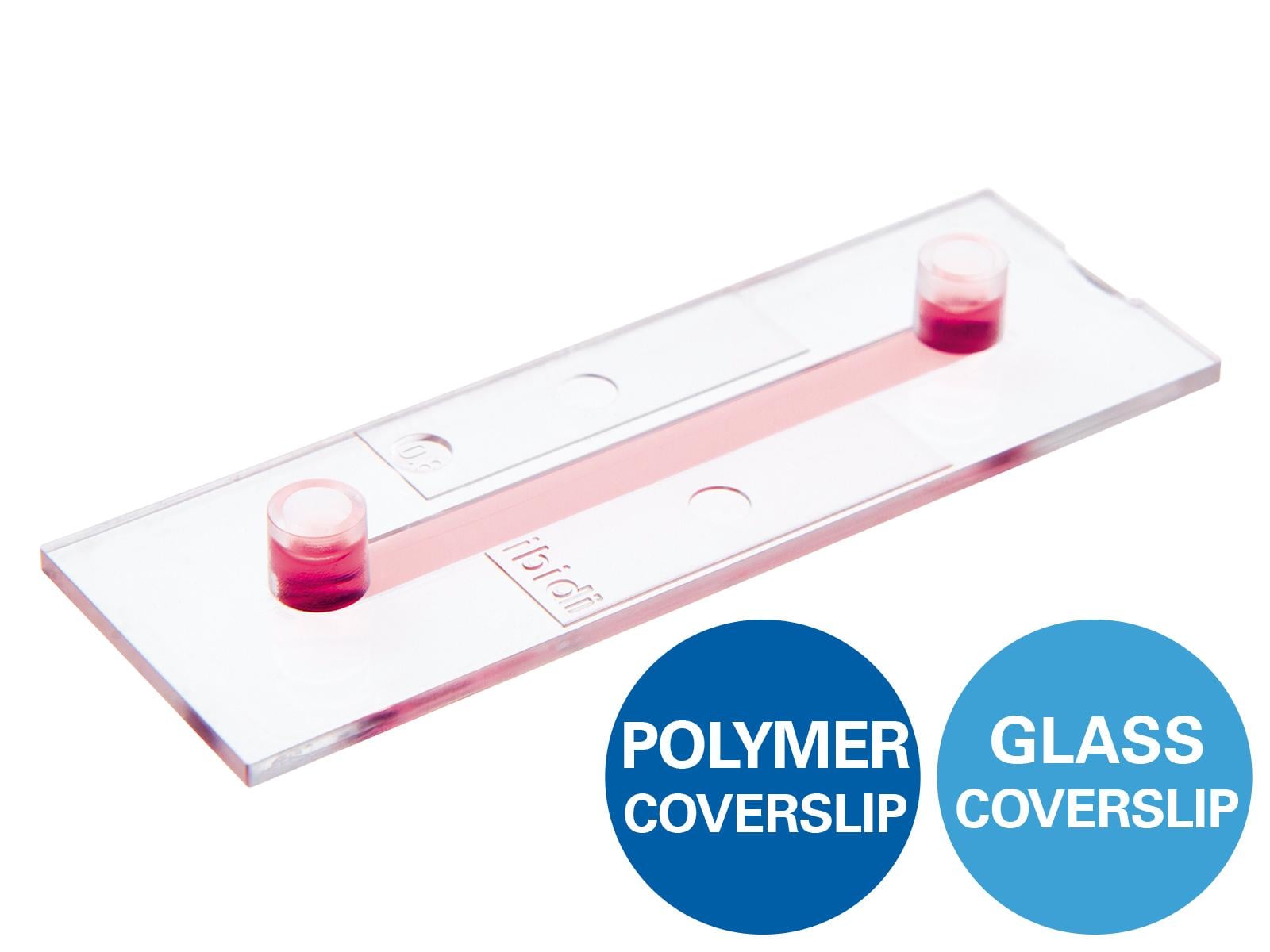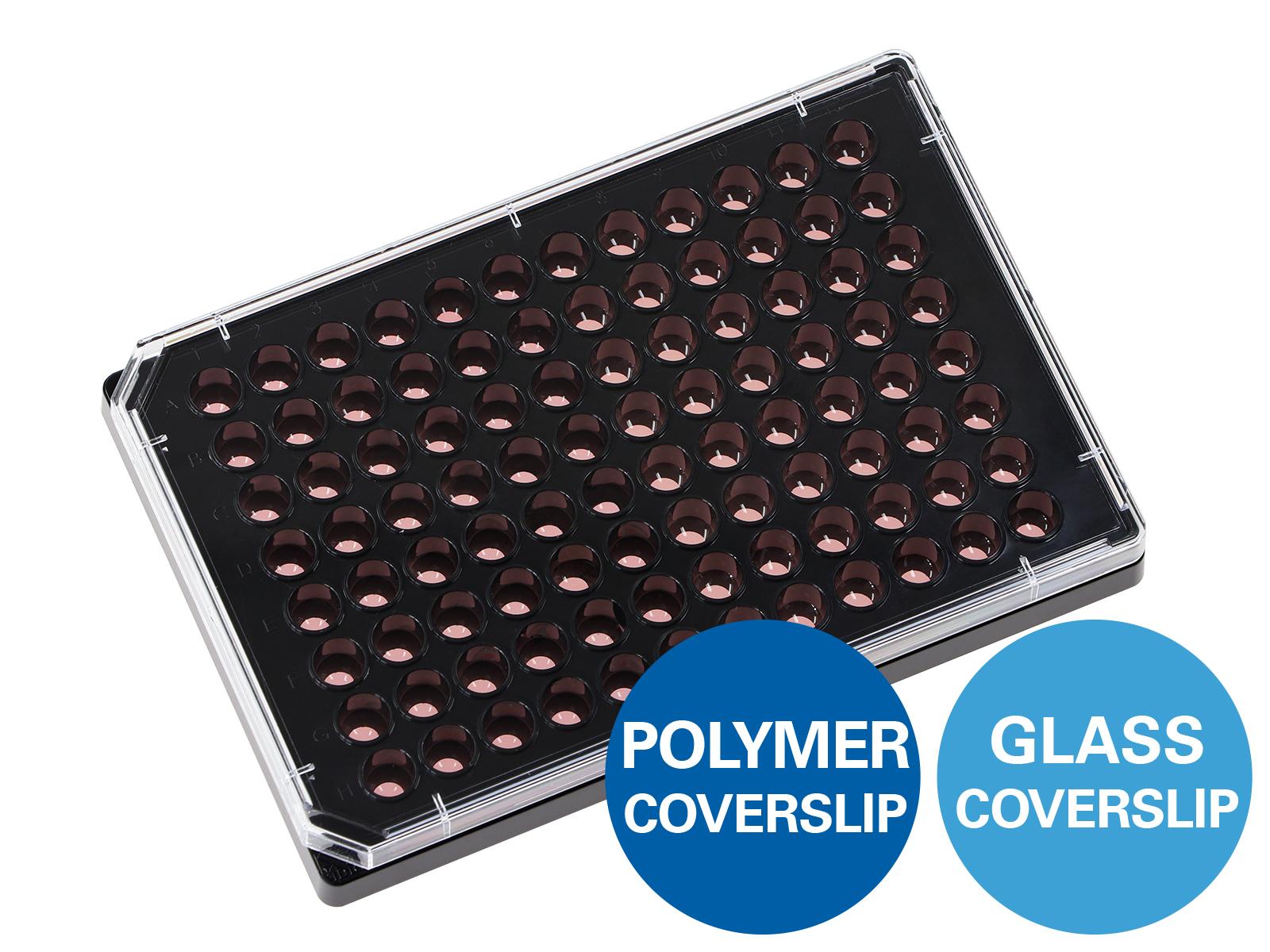The DGZ (Deutsche Gesellschaft für Zellbiologie – German Society for Cell Biology) and ibidi honor Dr. Lina Herhaus with the 2025 Walther Flemming Award.
The Online Award ceremony took place on October 27, 2025 and included a talk about "IRGQ-Mediated Autophagy in MHC-I Quality Control Drives Tumor Immune Evasion" given by the winner.
Dr. Lina Herhaus, Research Group Leader at Helmholtz Centre for Infection Research (HZI), Braunschweig, Germany
Lina Herhaus is an accomplished scientist specializing in biochemistry, cell signaling, and immune research. Since October 2024, she has been leading the MICROSTAR-funded junior research group "Cellular Immune Signaling" at the Helmholtz Centre for Infection Research (HZI) and holds a W1 professorship at the Hannover Medical School (MHH). Previously, she headed the Immune Signaling Group at Goethe University Frankfurt (2020–2024), advancing the understanding of immune pathways and molecular mechanisms.
Lina's research career reflects her passion for exploring complex cellular processes. From 2019 to 2020, she worked as a research associate at the Frankfurt Cancer Institute, where she specialized in cellular and biochemical analyses. Prior to that, she received an EMBO Long-Term Fellowship and worked as a postdoctoral researcher in the laboratory of Prof. Ivan Dikic at the Institute of Biochemistry II, Frankfurt (2015–2019), where she deepened her expertise in protein signaling and autophagy.

Lina completed her PhD in Biochemistry and Cell Signaling at the MRC in Dundee, UK, in 2014 under Dr. Gopal Sapkota, researching molecular signaling pathways. She holds a double degree in Molecular Biology and Applied Biology (with distinction, 2010) from the Bonn-Rhein-Sieg University of Applied Sciences and the University of Dundee. Earlier in her career, she spent a research stay at ECOSUR in Mexico (2006–2007).
Her contributions to science have been widely recognized. In 2024, she received the Signal Transduction Society (STS) Science Award and was inducted into the AIM (Autophagy, Inflammation & Metabolism) Council of International Rising Stars. She previously received the Tim Hunt Prize in Cell Biology (2013) for her innovative advances in basic research.
More information on Dr. Herhaus and her research can be found at: https://www.helmholtz-hzi.de/forschung/forschungsgruppen/detailseite/zellulaere-immunsignale
IRGQ-Mediated Autophagy in MHC-I Quality Control Drives Tumor Immune Evasion
The autophagy–lysosome system is responsible for the controlled degradation of damaged or misfolded cellular components and plays an essential role in maintaining protein homeostasis, immune function, and tumor progression. In this study, we identify the immunity-related GTPase family Q protein (IRGQ), previously uncharacterized, as a crucial regulator in the quality control of major histocompatibility complex class I (MHC-I) molecules. Proper folding of MHC-I is vital for presenting intracellular peptides to CD8⁺ T cells, thereby allowing the immune system to detect and eliminate infected or cancerous cells. Misfolded or unstable MHC-I molecules, however, must be removed to prevent incorrect immune signaling.
IRGQ fulfills this role by binding the autophagy-related proteins GABARAPL2 and LC3B through distinct interaction sites, directing misfolded MHC-I heavy chains toward lysosomal degradation. In the absence of IRGQ, defective MHC-I accumulates within the endoplasmic reticulum and cytoplasm, and some of these molecules reach the cell surface as free heavy chains, enhancing CD8⁺ T-cell recognition and activation. In both hepatocellular carcinoma patient samples and mouse models, reduced IRGQ expression correlates with increased immune reactivity and improved survival outcomes. These results uncover IRGQ as a key autophagy receptor linking MHC-I quality control to immune surveillance and suggest that modulating its activity could strengthen antitumor immunity in liver cancer and potentially other malignancies.

The Walther Flemming Award
Since 2004, the German Society for Cell Biology (DGZ) and ibidi annually offer the "Walther Flemming Award," which recognizes excellent research in cell biology. The award consists of a financial contribution of EUR 3.000 that is given to senior postdoctoral researchers and early career group leaders for recent work that defines their emerging independent research profile.
The award was created to honor Walther Flemming, one of the pioneers of cell biology and cytogenetics. He investigated the process of cell division and coined the terms chromatin and mitosis.






